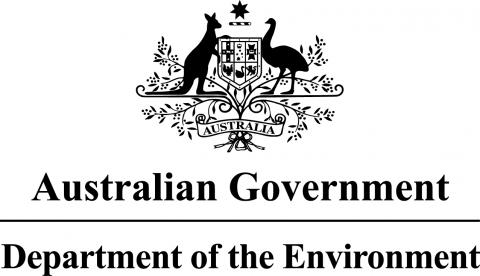Why do we live in, or visit, the Far North, and what has the Reef got to do with it? - Natalie Stoeckl
Why do we live in, or visit, the Far North, and what has the Reef got to do with it? - Natalie Stoeckl
Can you really put a figure on what people value about the Great Barrier Reef? How do you attach a price to intrinsic natural beauty? And, how do you understand how external socioeconomic pressures affect these values? These are the questions that Professor Natalie Stoeckl and her team from JCU and CSIRO are addressing within NERP TE Hub project 10.2. Pardon the cliché but beauty is truly in the eye of the beholder, and it is to a large group of these that the team has gone for answers to the above questions.
So far 1500 residents from 106 different postcodes along the GBR coast and 2800 tourists from Port Douglas to Yepoon have been asked questions on the things they value about the GBR. Two hundred of the tourist questionnaires were in Japanese; with the same number in Chinese.
Natalie and her team are finding that residents rate the ‘free’ things associated with the GBR World Heritage Area (i.e. little rubbish and clear water; spending time on beaches or being able to go fishing) as most important to overall quality of life; ahead of jobs and incomes. Most residents value the environment, feeling that significant degradation (i.e. loss of healthy coral reefs, ocean water changing from clear to turbid; twice as much rubbish on beaches) would have a more significant and negative effect on their overall quality of life than a 20% increase in local prices. Residents were also willing to pay to help ‘fix’ some of the threats to the reef, but only if other Australians paid as well.
The tourist perspective was similar, leading the team to conclude that if water clarity deteriorated, the region could lose substantial tourism revenues, with fewer visitors and/or shorter visits, so less tourist spending.
The conclusion so far, as Professor Stoeckl says, is: “Across both samples, environmental factors were considered to be more important to overall quality of life for residents, or as an attractant to the region for tourists, than economic factors such as ability to earn money from regional industries, and/or having high quality accommodation and ‘prices to match budget’”. The work continues and Professor Stoeckl cautions that numbers may change as more data comes in.
For further information contact: natalie.stoeckl@jcu.edu.au
Project: 10.2 Socio-economic systems and reef resilience



